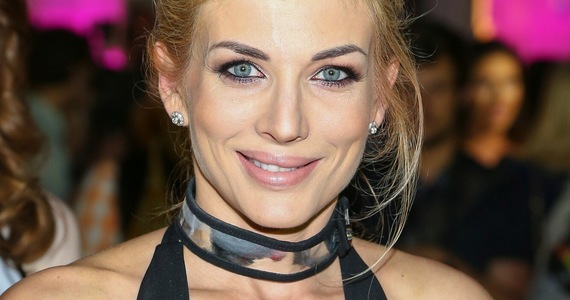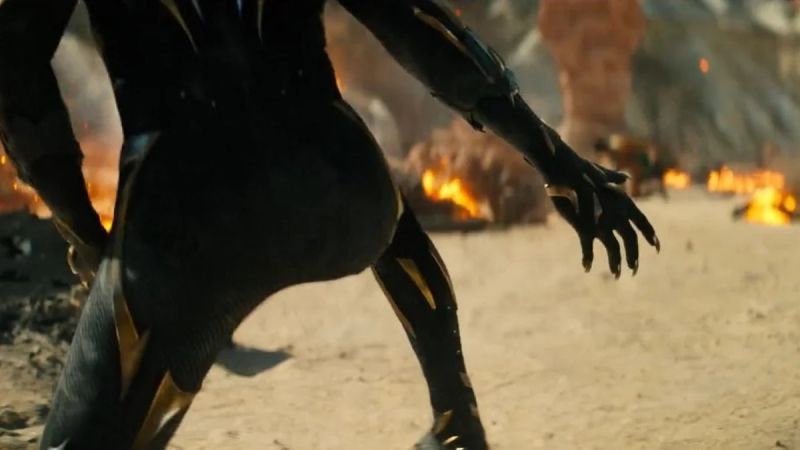Sofia Coppola is still one of the most girly directors in the world. She has not lost the ability to feel and convey on screen the subtle and ambiguous experiences of people on the threshold of womanhood. In interesting opposition to the hyper-masculine works of his father, Francis Ford Coppola, he paints portraits of girls and young women: the fragility of their psychological makeup in Curses of Innocence, their loneliness in Lost in Translation. Lost between expectations and social duties in “Marie Antoinette” or between desire and sexual power in “Temptation.”
This sensitivity made her an ideal candidate to portray the biopic of Priscilla Presley, whose life became a legend in American popular culture. This ordinary teenager turned into the head of the biggest rock star of his time. She became the embodiment of the dream that millions of people like her had. Who among us has never dreamed of living alongside Presley, Lennon, Bon Jovi, Cobain or Styles*…? Most dreamers eventually shake off this fantasy, realizing that in reality it can take a much less attractive form. Before she gained this wisdom, Priscilla had to move from fairy tale to nightmare.
Jacob Elordi and Cailee Spaeny in “Priscilla”
Priscilla: Like a living doll
There is no point in blaming her. After all, she was only 14 years old when she met Presley. She and her family had just arrived at a military post in Germany, where Elvis (who was very famous at the time) was also serving in the army. In several scenes, Coppola shows the state of a teenager disconnected from her current environment, bored and craving adventure. Cailee Spaeny, who plays Priscilla, manages to convey the emotional pause between childhood and adulthood, the intensity of feelings and the belief that they will never become obsolete. The jury of the recent Venice Film Festival (where the film premiered) appreciated the 25-year-old's role and awarded her the Volpi Cup for Best Actress.
When a strange man approaches the young heroine in the cafeteria and invites her to a party at Presley's house, the girl cannot refuse. Later, when the enchanted idol chose her as his best friend, she couldn't resist him. With the approval of her anxious but proud parents, she moved to his famous home in Memphis. As she waits patiently to become First Lady. While Elvis goes on tour and works on movie sets, never taking her with him.
In her book “Elvis and Me” – which was the starting point for the screenplay for the movie “Priscilla” – Presley’s wife wrote that the star treated her like a living doll. He dressed her, styled her hair, arranged her time as he saw fit, and left her to herself when he didn't need her. He personally enjoys complete freedoms, also in a sexual sense. In the film there is a scene of a telephone conversation that Priscilla has with her constantly absent partner, in which the girl informs him of her plans to start a business. Elvis categorically disagrees. After all, the doll's role is to remain in place, fully prepared to meet the owner's needs.
Cailee Spaeny in the movie “Priscilla”
“Priscilla”: Fragments of the American Dream
Coppola's film is devoid of fireworks. There are almost no scenes documenting Presley's star-studded career, and there are relatively few moments of his ongoing private concerts. The director makes sure that the celebrity couple theme does not dominate this story. The story of its main character is a wife who has only fragments of the American dream. A thin golden thread woven into a woven gray pattern of alienation, apathy and jealousy.
In the work of Sofia Coppola, the theme of the emptiness of the life of the beautiful and the rich often returns. Present not only in the plot, but also in the set design. An important backdrop to the events of “Priscilla” is Graceland, Presley's magnificent villa and the luxurious cage of his young wife. Its small form is lost in many rooms, and the splendor of the Baroque, the opulent and the pastel. It just looks comfortable and gives a sense of security.
The Lord Himself in these properties also creates perfect manifestations. Elvis, played by Jacob Elordi, is handsome and sensitive, and at the same time positions women in the patriarchal opposition of Madonna and prostitute. – Vulnerable to dictatorial tendencies and aggressive attacks.
The real Priscilla Presley was aware of the image of her ex-husband created by Coppola and their sugar-coating-free relationship love story. Not only did she entrust the director with her story, but she became the film's producer. While speaking at the conference, she had difficulty holding back her tears. Perhaps she asked herself questions – about the limits of love and the definition of violence – that will accompany viewers of the film. Surely many of us will think about whether this really happened LuringOr otherwise, my dear.
“Priscilla” is in cinemas starting February 9
* niepotrzebne skreślić lub brakujące dopisać

“Amateur social media maven. Pop cultureaholic. Troublemaker. Internet evangelist. Typical bacon ninja. Communicator. Zombie aficionado.”

![Priscilla: Welcome to the doll's house [RECENZJA] Priscilla: Welcome to the doll's house [RECENZJA]](https://ocdn.eu/pulscms-transforms/1/rx-k9kpTURBXy84ODhjMTI4NWY1ZGYxZTVkMzQ3NjIwMzU4NWQ3ZjE1NC5qcGeTlQMAzFTNBdzNA0yTCaZlY2IwOWYGkwXNBLDNAnbeAAGhMAE/cailee-spaeny-w-filmie-priscilla.jpg)








